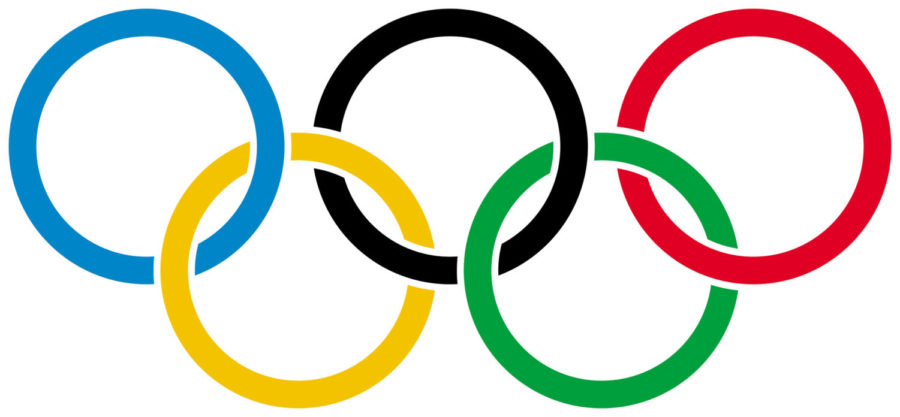Reversal of fortune: Wrestling remains an Olympic sport moving forward
September 8, 2013
Butterflies lingered in Kevin Jackson’s stomach, and confidence gave way to anxiety as he looked at the screen of his computer Sunday morning, watching as the International Olympic Committee made a decision about the sport he has dedicated his entire life to.
Jackson had felt this anxiety before, but that was when he walked out to the mat for his gold medal match in Barcelona at the 1992 Olympics. Now, he was watching, hoping that other wrestlers could continue to dream for the same thing he achieved.
“I got nervous; my nerves kind of got to me,” Jackson said. “I was kind of surprised how it took me over at that moment, because prior to it, I wasn’t feeling that way, that level of anxiety.”
“It felt a little bit like walking out into your Olympic Games finals match.”
Wrestling’s proverbial arm was lifted into the air Sunday when the IOC announced the sport had defeated baseball/softball and squash to earn its place in the 2020 and 2024 Olympics.
The wrestling community was jolted in February when the IOC announced its decision to drop wrestling as a core Olympic sport following the 2016 Olympics in Rio de Janeiro. In the seven months leading up to Sunday’s vote, wrestling icons around the world sprang into action.
In May, the IOC narrowed a list of eight sports to three: wrestling, baseball/softball and squash. One would have the opportunity to gain reinstatement in Sunday’s vote.
“When we got dropped, it felt like a loss,” said Jackson, who won his gold medal match in ’92 and has coached ISU wrestling since 2009. “I know any wrestler would tell you, you always learn more from losing than winning.”
When threatened in February, the wrestling world learned it had work to do.
International wrestling body FILA revamped its organization in the months following the announcement. FILA gained new leadership, added women’s weight classes, and altered rules to make the sport easier to understand and more entertaining.
The threat of losing wrestling as an Olympic sport hit close to home around the state of Iowa, which has a rich history with Olympic gold medalists and hosted the 2013 NCAA Championships for wrestling in Des Moines. Iowa State has had six Olympic gold medalists in wrestling, most recently Jake Varner at the 2012 Olympics in London.
Varner was in Bulgaria when he heard wrestling had been dropped. That announcement, he said, came as a punch to the stomach just months after he had brought back Olympic gold.
Sunday’s announcement gave him comfort that other children can share his dream.
“When I won, it was kind of a feeling of, ‘You did it.’ It was just one of the greatest feelings I’ve ever had, knowing that I accomplished something I had been working for pretty much my whole life,” Varner said. “We got [wrestling] back at least through 2024, hopefully forever.
“Every kid should have that opportunity to reach the highest goal, the highest level of their sport.”
With Sunday’s vote, which saw wrestling earn 49 votes to baseball/softball’s 24 and squash’s 22, that will be possible for at least the next three Olympic Games.
There is hope that the sport will take off once again.
“Wrestling is part of America’s DNA,” said former ISU wrestling coach Bobby Douglas, who coached Jackson and former ISU wrestler Cael Sanderson to gold medals. “It was tragic how this came about, but I think this is going to galvanize the American wrestling public and the world wrestling public and we’re going to change this sport and make it more attractive.”
FILA president Nenad Lalovic called Sunday the most important day in wrestling’s 2,000-year history. With wrestling in the spotlight, there is a feeling by many that work still remains.
There is also a goal to cement wrestling in the Olympics beyond 2024 with it again becoming a core Olympic sport.
“There’s obviously a battle still to fight where we get it back to a core sport where we don’t have to go to battle every time,” Varner said. “Everyone has done their job so far, we just have to stay on the right track to keep moving forward with it.”
For now, the seven-month battle has come to an end, and wrestling has been saved.
“Once you come close to death you feel a lot better about living,” Douglas said. “We came close to death, now we’ve got to do everything we can to show our appreciation for living.
“The world needs wrestling.”







